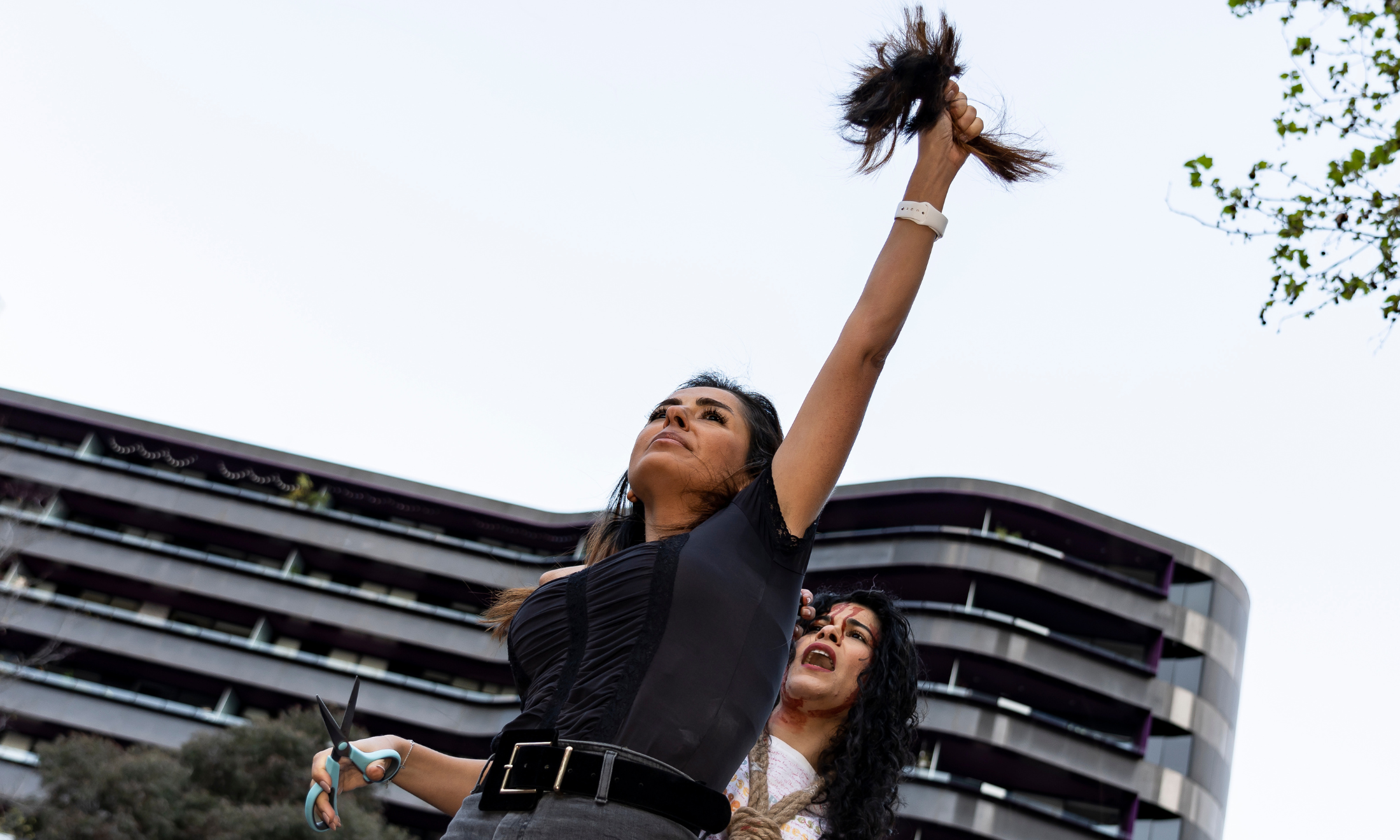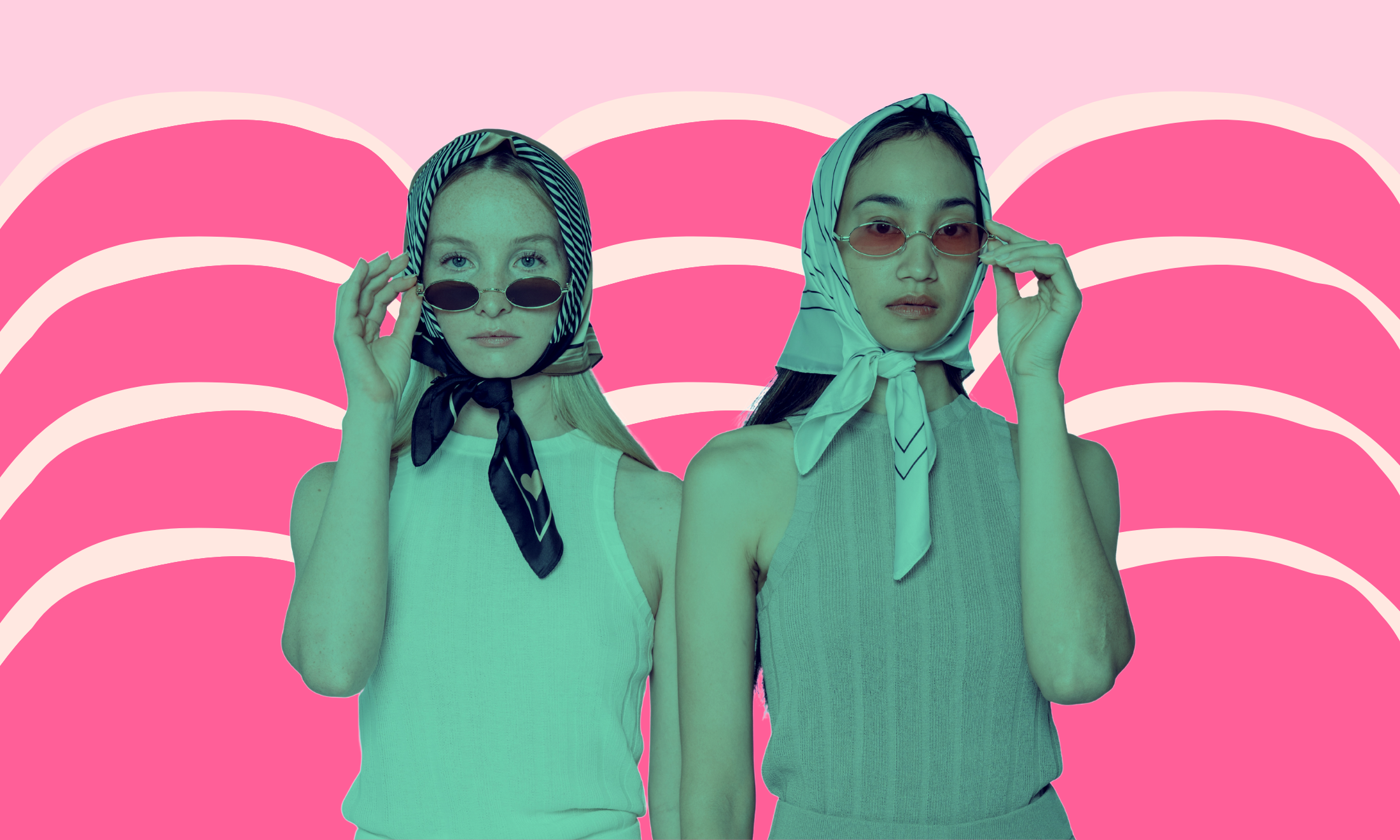
Norway’s SKAM is a television show that explores the livelihood of teenagers in Oslo’s West End zone. The series made waves in Europe and has recently caught the attention of Hollywood filmmakers who intend to remake the show for American audiences. This did not come as a surprise for fans of SKAM. The show is captivating because it explores teenagers in a contemporary setting. The show didn’t just gain a large following because it featured sex and drugs, but because it dealt with political and socio-economic woes of teenagers with intelligence and impartiality.
With alienation being the central idea of the show, each season of SKAM featured a different protagonist. Seasons featured storylines of familial troubles, rape and sexual abuse, mental illness, and the challenges that come with the stigma surrounding homosexuality. Recently, creator Julie Andem decided to shine a light on present day Muslim teens by making Iman Meskini’s character Sana the protagonist of the show’s fourth and final season. At its core, the season explores what it means to be a conservative young Muslim woman in one of the world’s most developed western societies. Many considered Andem’s decision revolutionary – but why? Was it because it had never been done before, or because it was being done right?
“The season explores what it means to be a conservative young Muslim woman in one of the world’s most developed western societies”
From the very outset, SKAM makes it clear that it will not ignore the world’s current political climate, choosing to open its final season with clips of Donald Trump’s speeches on Islam and terrorism. Andem makes a point about our post 9/11 world, the fear people have towards Islam, and how Western rhetoric dominates how one understands and interacts with Muslims. Hateful ideologies are more prevalent in society than we’d like to believe.
Misunderstandings on women’s choice to wear a hijab are corrected with assertiveness by Sana in all seasons of SKAM. She wears it because she chooses to do so, not because she is forced to. Sana even instigates a practical joke in the first season, tricking her friend Vilde into thinking her hijab gives her psychic abilities. In a subtle way, this scene showed that Sana is confident enough in her lifestyle to have some fun with the people who still didn’t completely understand it.
The notion of brown people experiencing the long-term repercussions of racist media responses to terror attacks is also explored. It’s not just random checks at the airport, suspicious glances on public transport, or the need to explain our upbringing to everyone who is wary of where we’ve “come from.” It’s the feeling that you’re feared and unwelcome in any other community but your own. When Sana’s phone blares an alarm with a reminder that it’s time to pray, she receives a fearful glance from another woman on her bus. Later in the episode, Andem serves to destroy misconceptions of why Sana chooses to pray by showing Sana in an intimate moment of prayer amidst a high school party. To Sana, praying is what keeps her grounded.
“I have never seen a portrayal of a young female Muslim character struggle wtih how Allah views love and marriage until SKAM”
Sana’s love life is also one of the most exhilarating storylines of season 4. I’ve watched TV shows from America, Korea, Thailand, Japan, and even Spain, but I had never seen a portrayal of a young female Muslim character struggle with how Allah views love and marriage until SKAM. The introduction of Yousef challenges Sana’s beliefs, as he declares that his good deeds make him Muslim, not his belief in Allah. Their conversations throughout the season are trance-like, almost as if Andem is saying: “if only we could converse, understand, and accept each other despite our differences. Look how peaceful our world could be, if all we did was listen.” Perhaps a political statement in itself, SKAM upholds the view that diversity isn’t inclusion to fill quotas or appease audiences, diversity is how people of different backgrounds are represented.
There is no question that there is a definite lack of Muslim representation on mainstream television. People of Middle-eastern, Pakistani, and Indian heritage are often non-existent, typecast as the IT guys and, unsurprisingly, the terrorist-figures, enemy of the white protagonist and blinded by “wrong teachings” of their faith. Western news does not fail to reiterate imagery of alien-ness and violence that has been associated with brown people.
Damaging stereotypes and images like these are why it’s so important to give Muslim teenagers and young adults a voice in mainstream media. Not only is it empowering young Muslims to control and tell their varied stories in an authentic way, it allows for an emergence of fictional characters that look like them and have similar cultural and religious experiences. I became emotional watching a woman feel alienated because of strict parents, cultural stereotypes, racism, and the overall feeling that she’s too different to fully integrate, things I still feel as a woman in my early twenties.
“The lack of minority representation in entertainment only increases the feeling that we’re not worth being represented”
Master of None featured Dev struggling to keep up the appearance of a “good” Muslim man in front of his parent’s friends. While this was also a refreshing storyline to watch, SKAM takes it a step further with Andem’s insistence on representing the marginalized. Sana is a minority in terms of her gender, her skin colour, and her religion. By making these challenges the foundation of the season’s plot, character development, and overarching theme, topics people are afraid to address become normalized.
The foundation of Sana’s character development lies in the idea that when we look for hate, it’s all that we can see. The most significant moment of the show was when Isak, a gay character, informs Sana that victims of racism are not entirely blameless. It’s easy to deem all dumb questions about our culture and religion as racist. However, this is the quickest way to ruin the chance to help others understand our perspective. We cannot be angry at uncertainty as there is so much more danger in certainty; intolerance stems from uninformed people making their own assumptions about cultures, religions, and communities that aren’t theirs.
SKAM has paved a new road for television. Andem proves TV can be equally educational as it is entertaining – everybody’s story is a meaningful one. The lack of minority representation in entertainment only increases the feeling that we’re not worth being represented. Mainstream media’s reluctance to discuss taboo subjects only increases stigma, solitude, and shame. SKAM shattered conventions in storytelling and representation and encourages us to be tolerant of each other. Not only was a conservative Muslim girl the star, but her experience was not presented as the definitive Muslim experience. Her story is just one of many others. Andem let Meskini close the show, and boy did she close it well.









